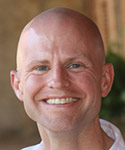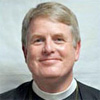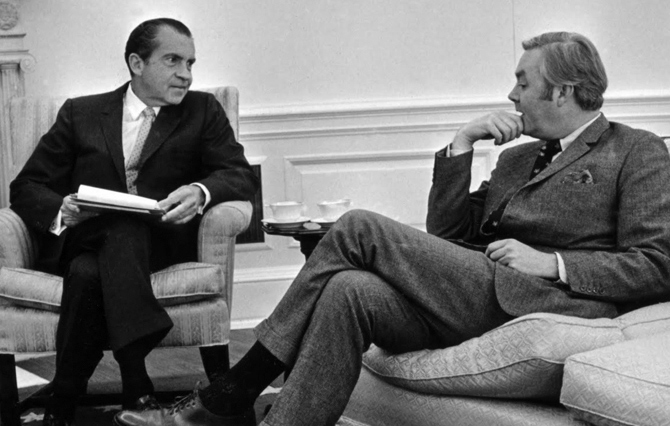Recently published
How do you manage frustration?
With frustration rising, there are possibilities for containing the contagion and harnessing the energy generated for hope, writes the executive director of Leadership Education at Duke Divinity.
 Link to author David L. Odom
Link to author David L. Odom
Frankly planning for roadblocks is an advantage for pastors
Church leaders can remain focused on their goals by anticipating challenges, naming them, and preparing for them, writes a managing director of Leadership Education at Duke Divinity.
 Link to author Victoria Atkinson White
Link to author Victoria Atkinson White
Nathan Kirkpatrick: Critics need love
Leaders often find themselves targets of critique from those in the “cheap seats.” The best response is to show the kind of love that beckons the critics to self-examination, confession and repentance, writes a managing director at Leadership Education at Duke Divinity.
 Link to author Nathan Kirkpatrick
Link to author Nathan Kirkpatrick
David Anderson Hooker: Keeping the narratives in alignment
Leaders should work to ensure that their organization's narratives and values are made real within the organization as well as in the world, says the conflict transformation and mediation expert.
Theresa F. Latini: Transforming conflict from the inside out
The practice of Nonviolent Communication begins with self-empathy and enables empathy and honesty that demonstrate love for God and neighbor, writes the associate dean of diversity and cultural competency at Western Theological Seminary.
 Link to author Theresa F. Latini
Link to author Theresa F. Latini
Dave Odom: How to get things done while disagreeing with your boss
Daniel Patrick Moynihan’s work in the Nixon administration illustrates how to exert influence and accomplish an agenda within constraints.
 Link to author David L. Odom
Link to author David L. Odom
Can games and game theory help church leaders navigate conflict?
In this six-part series, an Oregon pastor looks at ways that the influential field of game theory might help Christian leaders and congregations deal with issues such as conflict, criticism, growth and decline, and behavior change.
 Link to author Ken Evers-Hood
Link to author Ken Evers-Hood

Ken Evers-Hood: How to navigate conflict
The influential field of game theory encourages church leaders to understand the people in their midst, consider all possible decisions they might make, and name the values motivating them, writes a pastor.
 Link to author Ken Evers-Hood
Link to author Ken Evers-Hood
Scott Benhase: Leading conflict
 Link to author Scott Benhase
Link to author Scott Benhase
It's Independence Day. Do you know where your church's flag is?
One pastor found a solution to a flag flap that ended in community.
 Link to author Jim Dant
Link to author Jim Dant









